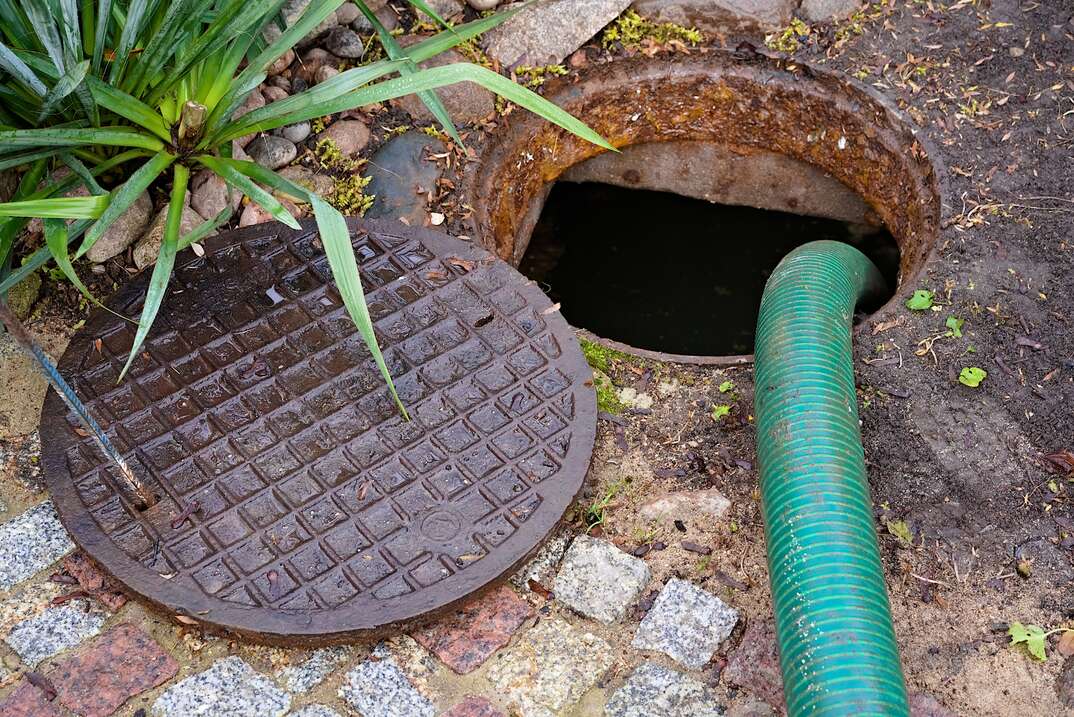- AppliancesElectriciansHVACLandscapingLocksmithPest ControlPlumbingRenovationRoofingT V RepairAll Home Improvement
- Car AccidentClass ActionCorporate LawCriminal DefenseDivorce LawEmployment LawFamily LawFinancial LawLegal AidMedical Injury LawyersMedical MalpracticeReal Estate LawWater Fire RestorationAll Legal
- InvestmentRetirementAll Finance
- Animal InsuranceAutoGeneral InsuranceHealth PolicyHome RentersAll Insurance
- DentalHealth SpecialistsAll Medical
- Animal CareVeterinaryAll Pets
- Auto GlassTowingAll Automotive
How Often Do You Need to Pump Your Septic Tank?

Your septic tank may be out of sight, but it shouldn't be out of mind if you want things to continue working properly.
Regular septic tank pumping is essential to keep the system functioning without a huge, stinky mess.
The U.S. Environmental Protection Agency says that the typical pumping frequency for a household septic tank should be every three to five years. However, the exact timing can vary significantly based on your situation. Septic tank pumping is always something a professional needs to do. Finding a reliable local septic tank company helps you develop a relationship and get an idea of how often your tank needs to be pumped.
What Factors Might Impact How Frequently You Should Have It Pumped?
Don't rely only on the number of years since your last septic tank pumping to determine when you're due for one. The following factors impact how often you should have your tank pumped:
- Tank size: Septic tanks come in various sizes, so knowing the capacity of your tank can help you gauge your pumping frequency. If you have a 1,000-gallon tank, you'll likely need to pump it more often than a similar family with a 1,750-gallon tank would have to pump theirs.
- Number of people: Your household size is another important factor. More people generate increased waste and wastewater, which fills up the system faster.
- Water usage: Excessive water use can increase the chances of clogs, backups and leaks in your septic tank system. It can affect how well it functions and can require more frequent visits from the septic tank company.
- General usage: Septic systems are only meant to handle human waste and septic-friendly toilet paper. If you flush other things down your toilets or let food go down your drain, it can fill the tank faster and cause clogs. Using harsh substances like drain cleaners can hurt the microorganisms that help break down the waste, which can require more frequent pumping due to a buildup of sludge and waste.
Elocal Editorial Content is for educational and entertainment purposes only. Editorial Content should not be used as a substitute for advice from a licensed professional in your state reviewing your issue. Systems, equipment, issues and circumstances vary. Follow the manufacturer's safety precautions. The opinions, beliefs and viewpoints expressed by the eLocal Editorial Team and other third-party content providers do not necessarily reflect the opinions, beliefs and viewpoints of eLocal or its affiliate companies. Use of the Blog is subject to the
Website Terms and Conditions.The eLocal Editorial Team operates independently of eLocal USA's marketing and sales decisions.

